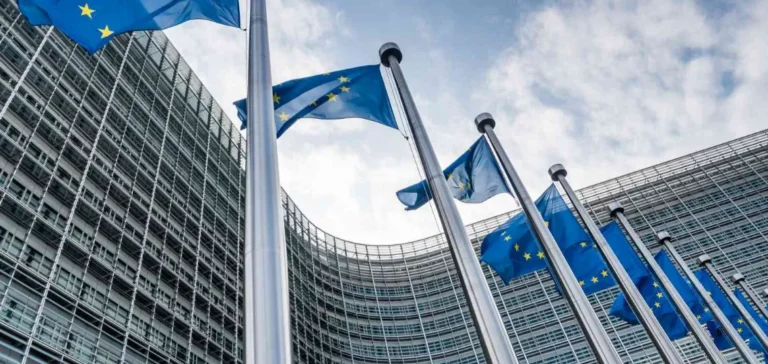As European Union countries prepare to switch to winter time, the European Commission has reiterated its intention to abolish the biannual clock change, in place since the 1970s. Initially introduced to save energy during the oil crisis, the system is now viewed as outdated, both economically and energetically.
A supported initiative still facing deadlock
The European Commission had already proposed ending the measure in 2018, following a continent-wide public consultation. Nearly 4 million citizens participated, with 84% supporting the abolition of daylight saving time. The European Parliament later endorsed the proposal, but lack of consensus among the 27 member states prevented its implementation.
Ahead of the upcoming clock change, several Members of the European Parliament reignited the debate in Strasbourg, calling for a swift resolution to the political deadlock. European Commissioner for Transport Apostolos Tzitzikostas confirmed in the chamber that the Commission had not abandoned its plan and announced the launch of a new impact assessment.
Energy arguments increasingly less convincing
Supporters of the measure’s removal argue that expected energy savings from the time change are now minimal, notably due to widespread use of LED lighting and low-consumption appliances. According to the Commission, the original energy-saving rationale has become statistically negligible.
During a recent meeting of Energy Ministers, Spain formally requested the abolition of the clock change, backed by Poland and Finland. Spanish Prime Minister Pedro Sanchez stated that the system “no longer makes any sense” and that its negative effects outweigh the limited benefits.
A European issue without a clear timetable
The issue remains unresolved with no concrete timeline. No date has been set for implementation, and political agreement between member states would be required. Technical discussions are ongoing, with the Commission seeking to move the file forward without imposing a one-size-fits-all solution.
The upcoming impact study, commissioned by the Commission, aims to provide new cross-country comparative data. It could serve as a basis to relaunch negotiations within the Council of the European Union.






















